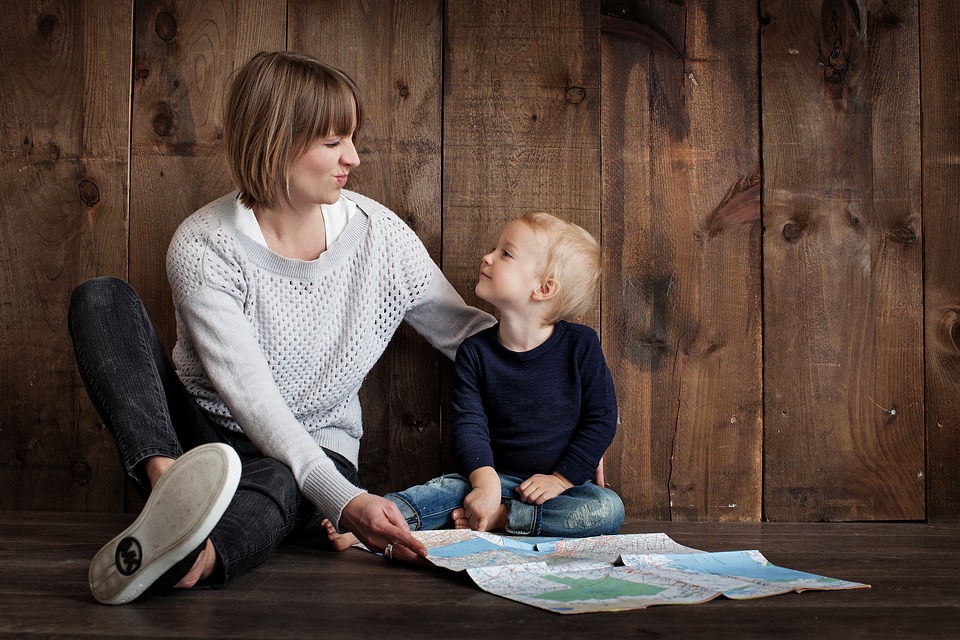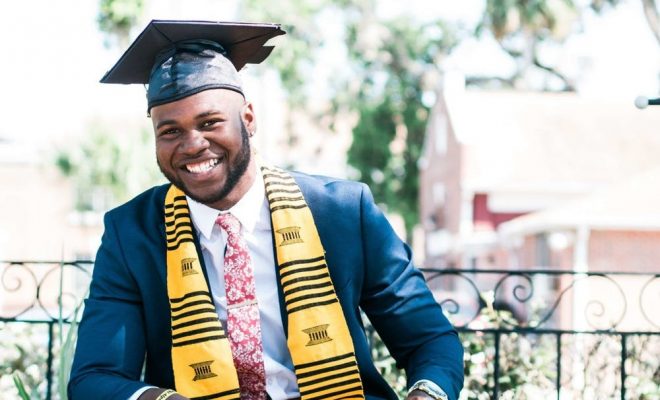Getting Involved: How To Build a Good Relationship With Your Child’s Teacher

All parents want their children to be productive and happy when they are at both home and school. At school, this is only possible when you have a good relationship with your child’s teacher.
At times, it is natural for you and the teacher to deviate in your opinions. This is to be expected. Be that as it may, if conflicts influence your compatibility, this can affect your child’s school experience.
Here are some suggestions on how you can build a good relationship with your child’s teacher.
Make Notes
It is always best to go into any conversation knowing the points you want to make and discuss, and making notes on these points will help you stay organized with your thoughts and not waste time.
The teacher will appreciate that you value their time and that the conversation is streamlined. On top of this, making notes will help ensure that you remember everything you need to say.
Along with these notes, you will also want to make sure that you have any other materials that you may need for the conversation close at hand. By having these handy, you will make sure you have the correct information when you need it. This will ensure that you are focused on the areas of concern you have when it comes to your child’s education.
Talk In First Person
It is essential that you, as the parent, address all your queries in the first person. Instead of saying the teacher didn’t do this or didn’t do that, change it up a bit.
Try saying you didn’t realize how poorly your child was doing until you saw their grades. This lets the teacher know what your concerns are without pointing fingers.
Set Boundaries
At the beginning of the discussion, the parent and teacher should lay some ground rules on how the conversation will go. Each must know that they will have their turn to speak about the child’s performance.
Discuss things like making it clear that everyone will be able to speak without interruption, or if things get heated; either party can stop the conversation. These are good ideas to ensure the conversation and relationship are productive.
Be Solution-Driven
When building a relationship with your child’s teacher, you want to make sure it is clear that you intend to create solutions to any issues that arise. Once this has been done, you will be able to reach out to them at any time, and any concerns or ideas will be addressed and received with respect and understanding.
Concluding Thoughts
The most significant aspect of building a constructive relationship with your child’s teacher is communication. After every conversation, you should send a follow-up email detailing what you discussed and thanking the teacher for their time. This will show that you appreciate and respect their time, and this will build a long-lasting and productive relationship.






